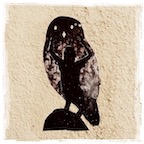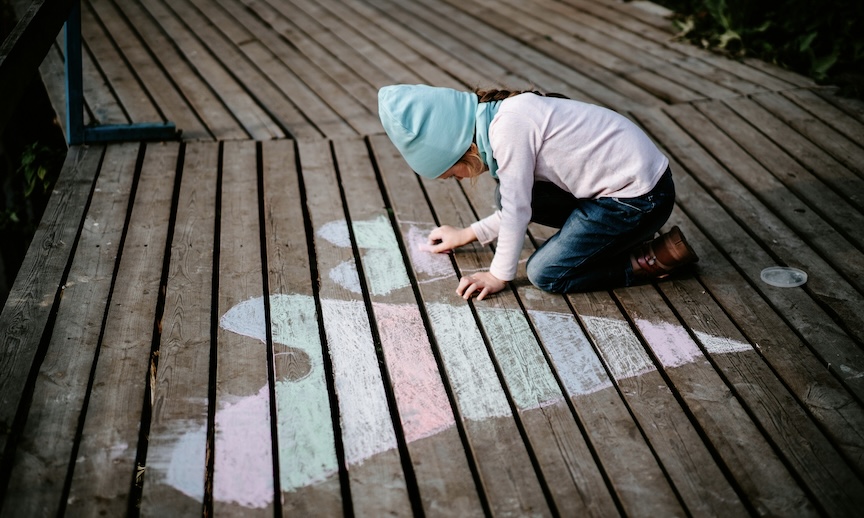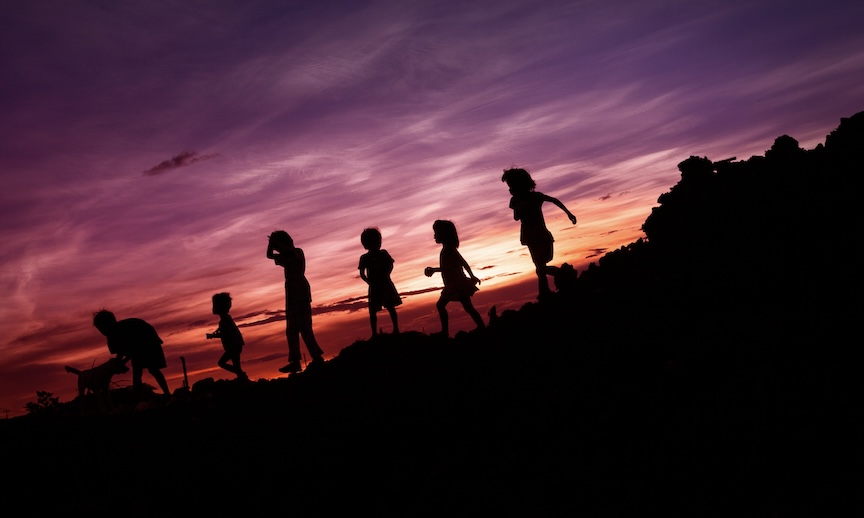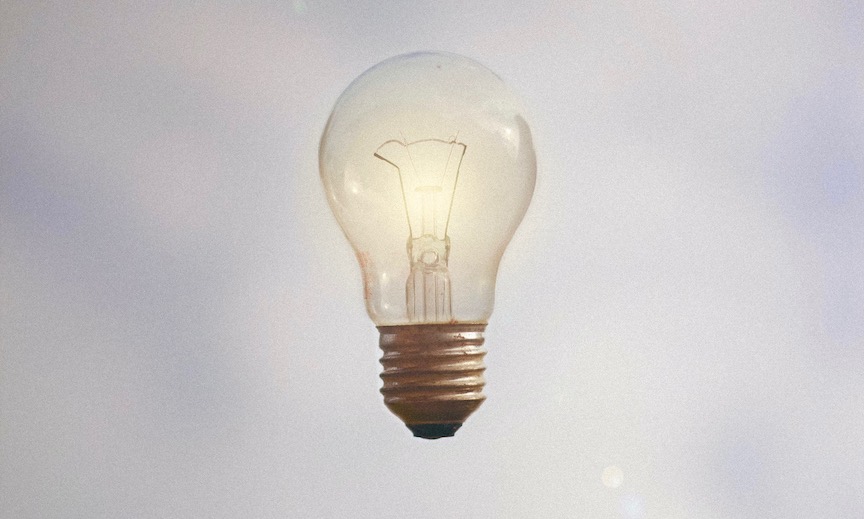MERCY ME
The dynamic tension between independence and mutual responsibility has been part of the human psyche for… I don’t know, maybe forever.
It was fundamental to our evolutionary development as a species — homo sapiens wouldn’t have made it very far if we hadn’t figured out the reciprocal benefits of cooperation. It’s also been a running theme in my life — I’ve found much more of myself through relationships and community than through solitary soul-searching.
And it’s something that I continue to ponder quite a lot, because I believe that this tangle of self and other in shared humanity is one of the main points of any spiritual inquiry:
- How to attend to our own needs and preferences in a way that doesn’t undermine the needs and preferences of others?
- How to give our whole hearts to the world, and have that feel expansive and nourishing rather than depleting and exhausting?
- How to look for and cultivate as many win-win-win contexts as possible, where our good (or anyone’s) supports and encourages everyone’s good?
- How to share our healthy egos — boldly confident and fully self-expressed — as contributions rather than a conquests?
In most of the West, definitely in America, we tend to idealize rugged individualism; it’s heroic, visionary, “masculine” (if sometimes toxically so). At the same time, most people would agree (at least in theory) that caring for others is a virtuous quality, too — it’s the embodiment of grace, the best of us, our nobility of spirit.
The problem is that these two deeply human aspects often get held as if they oppose each other — like they undermine each other, or that we should choose one way or the other. When the thing is, we need both. Our wholeness is both. Too much of one without enough of the other is pathological.
Boundless compassion and generosity sound awesome at first; how could we ever have too much of that? Until it teeters into passivity and codependence. So then we beef up healthier boundaries. Great, until, oh god, the boundaries become walls, hardening our hearts and dividing us into narrow self-interest. It’s easy to feel like we’re both too much and not enough. And whichever way we tilt in this high-wire act, we’ve got to watch out for sanctimoniousness, narcissism, and martyrdom.
And so, trying our best, hoping for balance, most of us careen back and forth — from self to other, self to other, me to you, to us, infinity… Sometimes we may manage a moment that feels like perfect harmony and poise, shimmering with enlightenment, but inevitably we tumble out of whack again…
Like I said, I think this is the essence of spirituality and spiritual practice.
And I think it would be fair to say that it’s the core challenge, commandment, and paradox of every faith tradition, from Buddhism to Judeo-Christianity to Wicca: love each other, love yourself, love the Ever-Loving Everything. All at the same time. Both/And. Yes/Yes. Win/Win.
It seems fundamental to secular matters, too — to functional organizations, systems, governments, economies. Take care of yourself AND take care of each other because that’s the only way the Whole of this can ever work.
Which is why it infuriates me when a smug and amoral bully with far too much influence spouts bullshit like: “The fundamental weakness of western civilization is empathy.” (Elon Musk, March 2025)
I can’t believe I’ve got to write in defense of empathy. But I am shocked and sickened that a vast swath of our national consciousness has descended into: me first, screw everyone else.
Maybe I’m naive or I’ve lived too long in my own bubble, but really, I would’ve thought that all but a very few sociopaths would agree about the self-evident value of empathy. I guess not. Because this wasn’t just an isolated statement from a single, sad, broken megalomaniac. The vile notion has been echoing amongst far too many people in power.
[I know some people don’t like it when they think I’m being too “political” in church. Others would rather I were more “political.” But this seems like the wrong framing, entirely. I’m not trying to be political. I just want to be a decent human being, which to me is absolutely a spiritual matter, not a political one. Believe me, I’d find it really refreshing if empathy, compassion, kindness, justice, equality, and love were not treated or wielded as divisive, partisan issues.]Anyway. At the risk of divisiveness, I submit that empathy is not a fundamental weakness but is, in fact, our greatest strength.
It’s our strength not only in terms of our who we are together — the cohesiveness of civilizations, organizations, communities, and families — empathy is also the key to the integrity and strength of every individual, how we know ourselves as whole. While it is indeed foundational to relational experiences of kindness, compassion, and friendship, it is also essential for any one’s inner sense of belonging, purpose, connection, and love.
And it scares the hell out of me to think that we’ve forgotten this.
Most pre-schoolers understand perfectly well that sharing and helping are good, and that bullying and selfishness are bad. But it seems like too many adults nowadays have been frightened and/or brainwashed into unabashed meanness and aggression, with half-baked rationalizations and justifications for why they need to look out for “number one” at everyone else’s expense.
I have to believe that we’re better than this, that deep down we know better. That we can recover ourselves and do better.
That’s the hard, leading edge of my spiritual work right now — trying to remember that people’s bad behavior doesn’t make them bad people. Trying not to let myself fall back into that unhelpful and brutal self/other dichotomy.
- Because yeah, we’re called rise up and speak out. And I want to do so with compassion, even for those I’m opposing.
- Definitively, each of us must stand up for what’s right. And my lesson is try to stand in empathy, even for those who are perpetrating injustices.
- Yes, we must be intentional and active, lest we get swept along in complicity. And I want my actions and intentions to be grounded in mercy, always.
The antidote to bullying is mercy. The cure for cruelty is compassion. Meanness will be healed only with empathy and kindness. As much mercy, empathy, compassion, and forgiveness as we can muster. God help us.
Empathy is the key to our balance, to psycho-emotional health on the self-other axis, and to course-correction when we need it. Whichever way we’re inclined to tilt, a deliberate practice of empathy can help bring us back to Whole.
It’s true enough that we aren’t much good for anybody else for very long if we fail to take care of ourselves. So, yeah, absolutely, do that! At the same time, though, ultimately, it’s only through helping others that our own tank gets filled. We’ve got to prioritize both self-care and care for one another. And to practice holding those ideals in a way that doesn’t feel conflicted.
It’s solid advice to secure your own oxygen mask before assisting the person seated next to you. It’s also important to remember that our masks are only in front of us thanks to the contribution of countless others. Even when it seems like we’re toughing it out alone, we’re not, not really. Because none of us exists in a vacuum.
And while our personal responsibility certainly does include looking out for “number one,” we neither begin nor end there. Our Oneness is far greater than personal preferences and petty grievances. “Number One” includes and embraces all of us. It includes and embraces everything and everyone in the entire blooming Universe, mutually reliant and interconnected in all directions and dimensions, in obvious and subtle ways.
Ugh, this feels like a lot. I might’ve bitten off more than I can chew this week. But it’s what I’m gnawing on these days, so here we go… I can’t wait to be with you on Sunday, April 27. XO, Drew
©2025 Drew Groves




